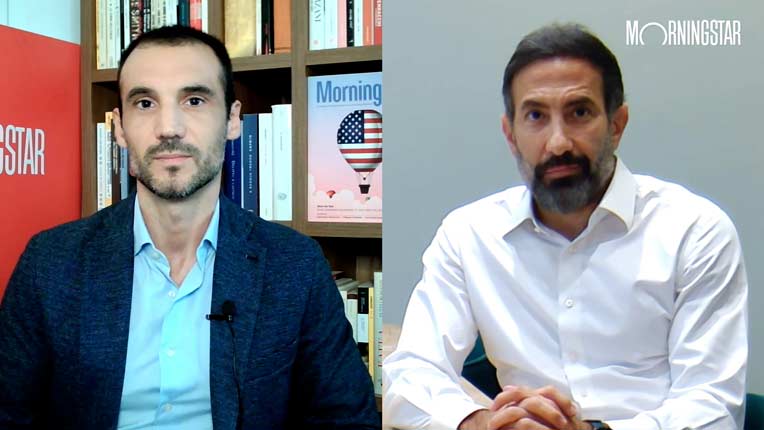This article is part of Morningstar's "Perspectives" series, written by third-party contributors. Here, Nicolas Walewski manager of the Alken Absolute Return Europe Fund, discusses why he has moved into ‘undervalued’ Russian equities.
Russia is the cheapest emerging market, but few people are looking at it. Today’s valuations are below long term averages, even for Russian standards. We think it is time to look again. We have traded Sberbank (SBER) and Gazprom (GAZ) quite successfully in the past. In 2008, we got out at the top of these stocks.
Russia is a large and underpenetrated banking market – with about 110 million bank accounts, a low number of credit cards and few insurance policies. This is a market that shows strong long term growth potential.
Sberbank dominates this market, with 30% overall market share and 50% market share in mortgages. As a result, it is the best way of capitalising on the double digit growth we are seeing in Russia.
While it is more than 50% owned by the central bank of Russia, the CBR is a benevolent regulator and shareholder, so we do not foresee significant policy interference from the government.
The valuation of Sberbank is low. It trades at just above 6x earnings on 15% structural earnings growth, while it is also at 1.2 times book on 20% return on equity. In addition, it has a 3% dividend yield, which looks a little bit low as the government is putting pressure on the state owned companies to increase this markedly.
The annual net income of Sberbank has more than tripled from before the crisis in 2007, but over the same period of time the share price has pretty much been flat. There has been a massive compression of multiples. This is a stock that could double over time.
Gazprom has suffered heavily in the last few years on falling European gas consumption. This was compounded by contract renegotiations with its main clients, which wanted to move away from oil price indexation and to spot prices. This resulted in Gazprom’s volume dropping by 10% over the 2007 to 2012 period.
Gas demand has now stabilised and should remain flat over the coming years. But what is important for Gazprom is competing supply is declining. European production has also been falling and is expected to continue downward.
As a result, Gazprom’s volumes should grow significantly over the next few years. Europe is a important driver of value for the company – given the high prices Gazprom charges compared to its domestic market.
It is hard to justify Gazprom’s current 3x earning valuation. The last few years have been difficult, but we think the company has turned a corner.
Another noteworthy point is that the Russian government is urging state owned enterprises to increase dividends and base payout ratios on IFRS standards. Gazprom currently pays its dividend based on Russian accounting standards, which has a much lower base for earnings. If it was to follow IFRS standards, this would see Gazprom’s dividend double to almost 10%.
The Russian state needs to attract foreign capital and is working hard to this end. On a recent trip to Russia we witnessed President Putin answer questions from a room full of investors for three hours. This is something we have never seen in Western Europe before.
While you can argue all you want about corporate governance and political risk, the government is a major shareholder in Sberbank and Gazprom, so we believe our interests are aligned.





























